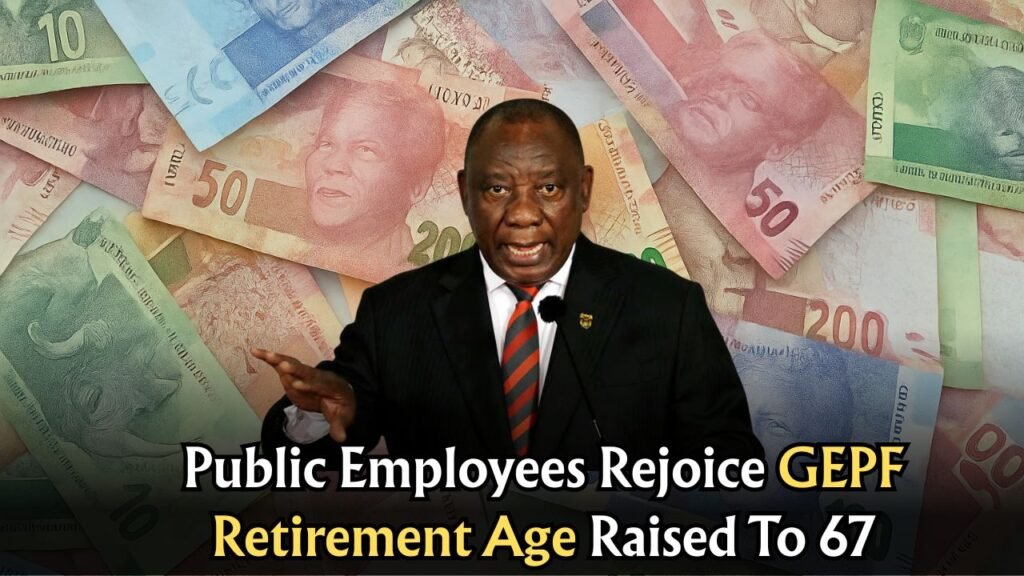The GEPF in South Africa changed its retirement age from 65 to 67 starting August 1, 2025. This new rule affects 1.2 million public workers including teachers nurses and police officers. The main goals are to keep the pension fund stable & fix staff shortages in public jobs. Some workers are happy to work longer but others don’t like the new retirement age. The change brings new rules that workers need to learn about. This text explains the key points of the new system and what employees should do next. The update is big news for public workers who need to plan their future careers and retirement dates.

Understanding the Rationale Behind the Retirement Age Hike
The GEPF decided to increase the retirement age to 67 for people working in the public sector. People now live longer which means they get pension payments for more years than before. This creates a problem because more money leaves the pension fund over time. Rising prices & economic problems also make pension costs go up. These issues made it necessary to change the rules to protect the pension system.
Identifying Which South African Workers Will Feel the Impact
The new rules for retirement will start on August 1, 2025. They will affect all GEPF members who were born after August 1 1958. This includes all government workers like teachers nurses police officers & office staff. People who retire before this date or who were born before August 2, 1958 can still retire at age 60 or 65. Workers can still choose to retire early at age 55 but they might get less money. It’s important for all employees to check their GEPF status so they know what to expect when they retire.
How Pension Adjustments Could Shape Your Career and Financial Future
The GEPF calculates pensions based on an employee’s last salary and how long they worked. Workers can add extra money to make their pension bigger. This matters because working until age 67 gives people two more years to save for retirement. But this change affects people’s money plans and career goals. Some workers might like getting paid and medical benefits longer. Yet others who do physical work may not want to work those extra years.
Strategic Steps Civil Servants Should Take to Maximize Benefits
Public workers should take these steps to handle the change:
– Look up your GEPF status online at www.gepf.co.za or visit their office to check your retirement info.
– Talk to a money expert about your retirement plans since you’ll be working longer.
– Make sure your payments match your work goals.
– Think about early retirement before age 67 if you can afford it.
SASSA wants everyone to know that the retirement age is still 67. They released this message because some people were spreading false rumors about it changing to 70.




